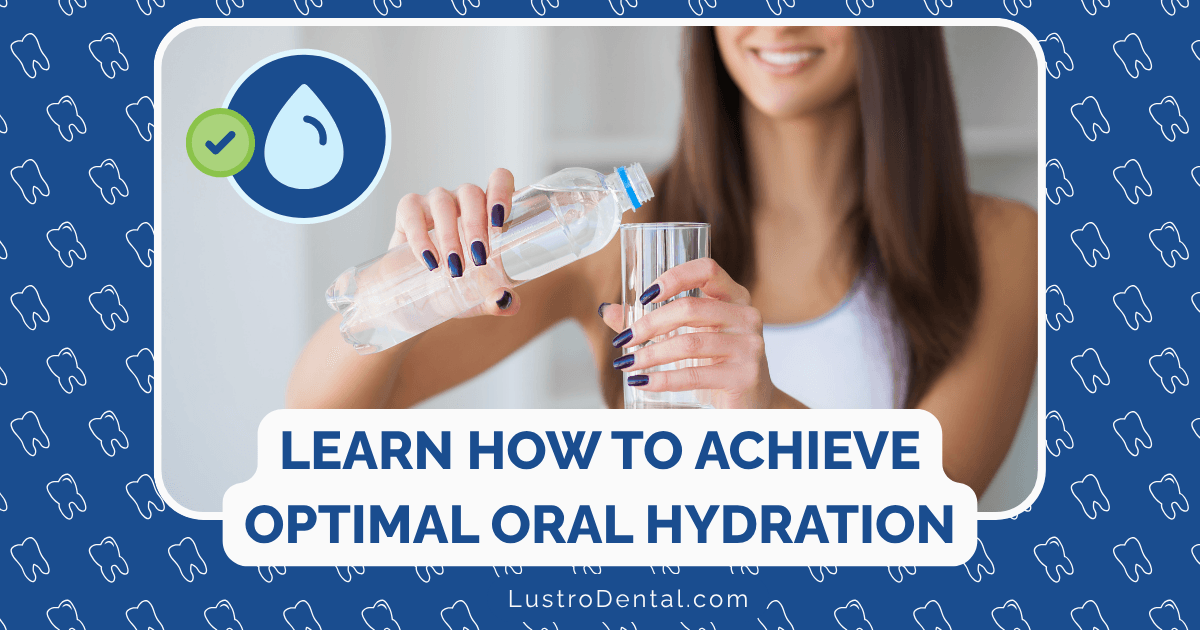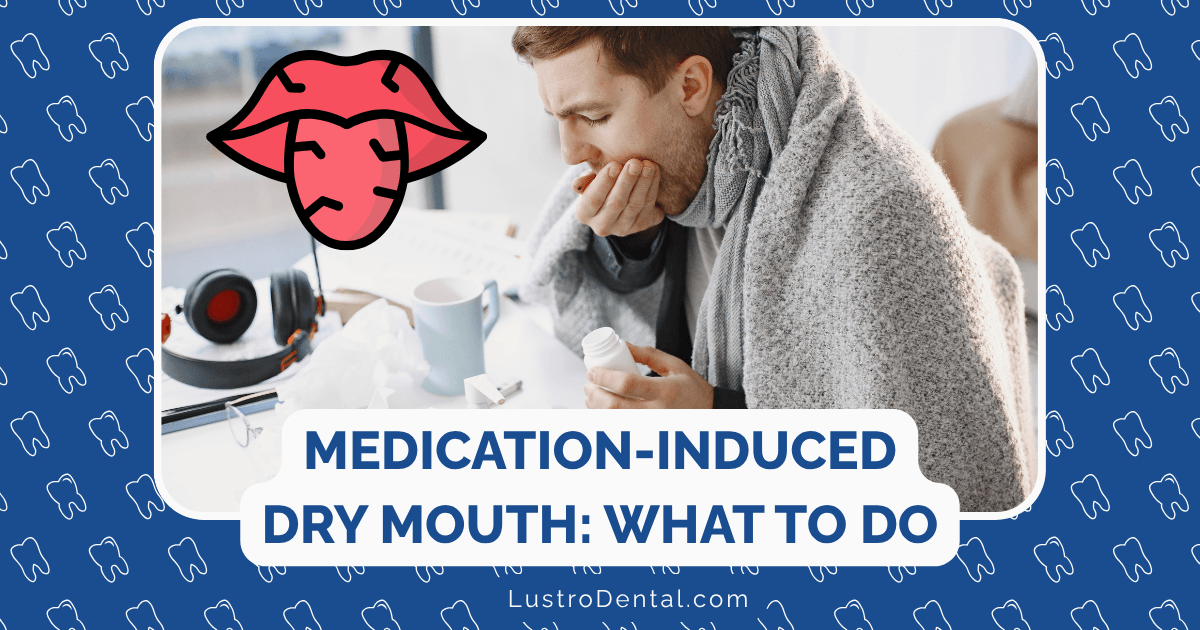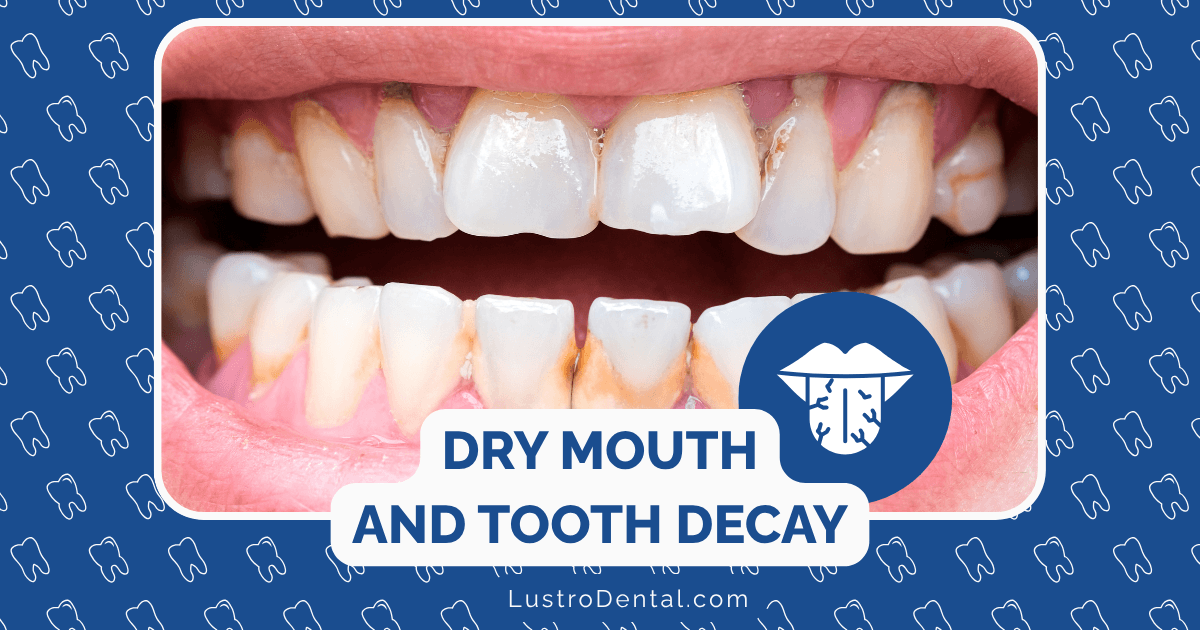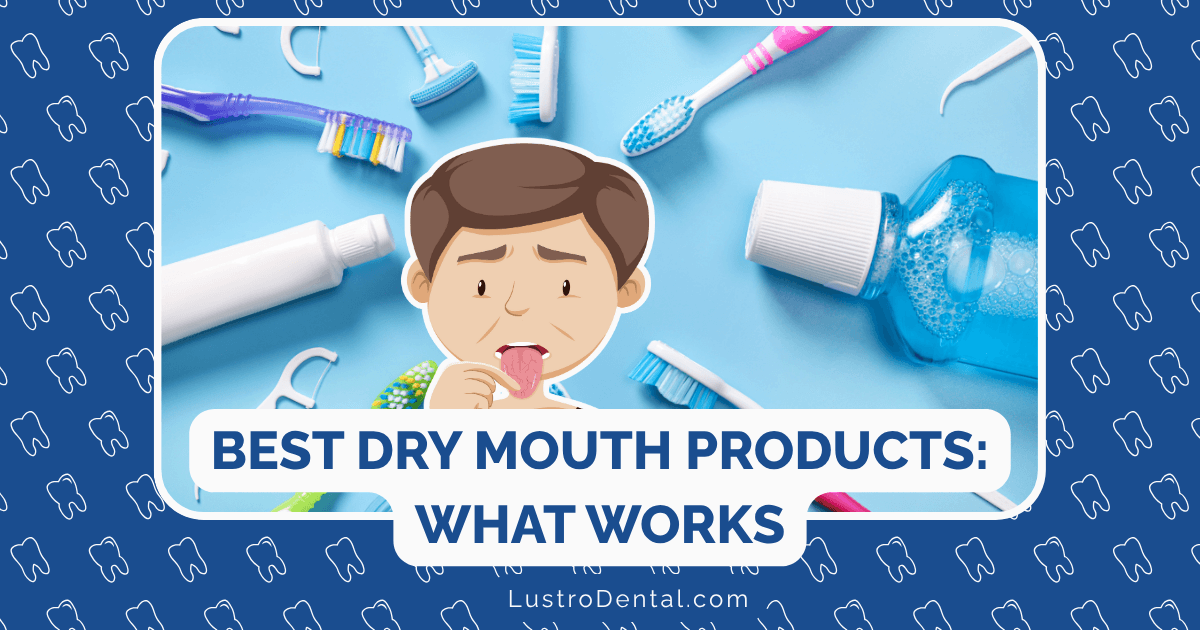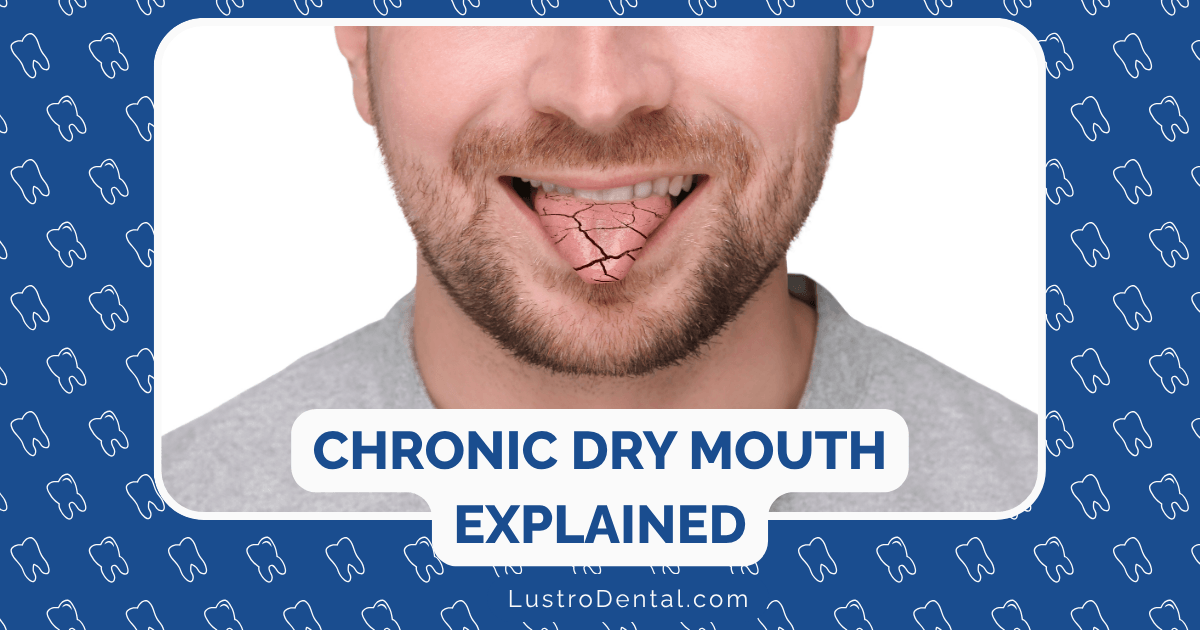Recovering Your Oral Health After Heavy Alcohol Use
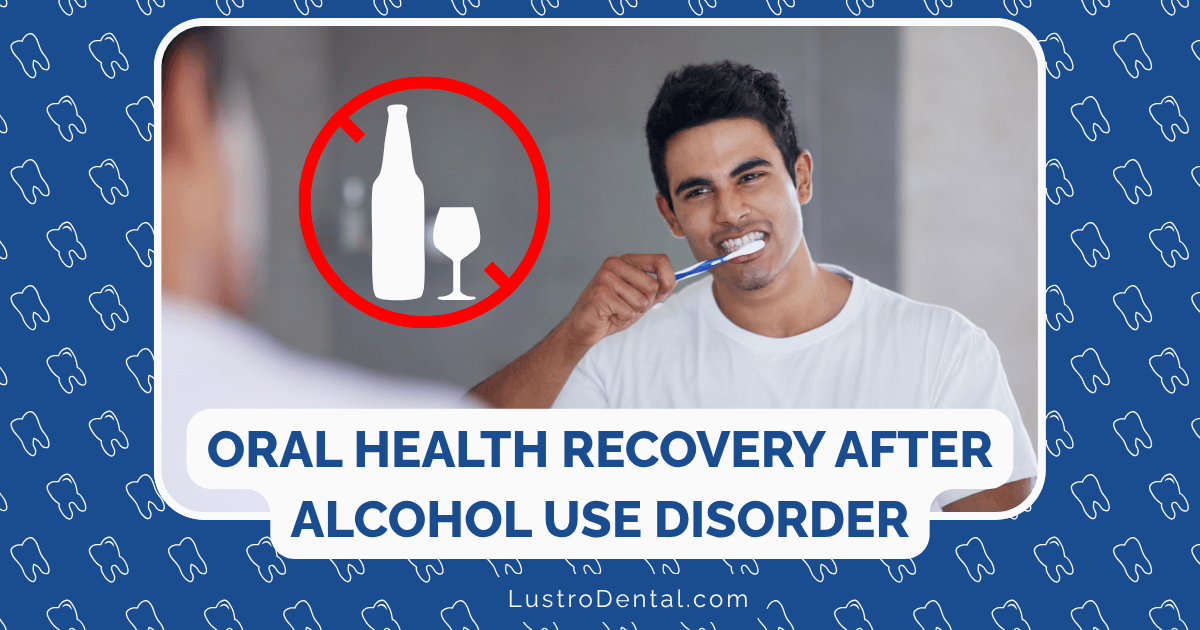
For those in recovery from alcohol use disorder, rebuilding physical health is a critical component of the journey. While many focus on liver function, cardiovascular health, and mental wellbeing, oral health often remains an overlooked casualty of heavy alcohol consumption. Yet, the damage to teeth, gums, and oral tissues can be extensive—and addressing these issues is not just about aesthetics, but about supporting overall health and recovery success.
Understanding the Damage: How Alcohol Affects Oral Health
Before diving into recovery strategies, it’s important to understand exactly how alcohol impacts oral health. According to research from the RDH Magazine, alcohol’s effects on the mouth are multifaceted and significant:
Dry Mouth (Xerostomia)
Alcohol acts as a powerful diuretic, reducing saliva production and leading to chronic dry mouth. This isn’t just uncomfortable—saliva plays a crucial protective role by:
- Neutralizing acids that erode tooth enamel
- Washing away food particles and bacteria
- Delivering minerals that help remineralize early decay
- Providing antimicrobial compounds that fight infection
Without adequate saliva, the mouth becomes a perfect environment for bacterial growth, accelerating decay and gum disease.
Gum Disease Progression
Alcohol consumption is an independent risk factor for periodontal disease. It impairs immune function and increases inflammation in the gum tissues, creating a double threat:
- Reduced ability to fight bacterial infections in the gums
- Increased inflammatory response, accelerating tissue destruction
According to Harris House, this combination makes gum disease a common and serious concern among those with a history of heavy alcohol use.
Tooth Decay and Erosion
Multiple mechanisms contribute to increased decay and erosion:
- Sugar content in many alcoholic beverages feeds decay-causing bacteria
- Acidic nature of alcohol directly erodes enamel
- Vomiting associated with excessive alcohol use exposes teeth to stomach acid
- Poor oral hygiene during periods of heavy drinking compounds these issues
Compromised Restorations
Research indicates that alcohol can erode and alter existing dental work, particularly composite (tooth-colored) fillings. This promotes bacterial adhesion and secondary decay around fillings, crowns, and other restorations.
Increased Cancer Risk
Perhaps most seriously, alcohol is classified as a Group 1 carcinogen by the International Agency for Research on Cancer. Regular consumption significantly increases the risk of oral and throat cancers, with the risk rising with the amount consumed.
The Recovery Timeline: What to Expect
Rebuilding oral health after alcohol abuse is a process that unfolds over time. Here’s what you can typically expect:
Immediate Phase (First 1-2 Weeks of Sobriety)
During this initial period, the body begins to recover from alcohol’s acute effects:
- Saliva production begins to normalize, though dry mouth may persist
- Gum inflammation may temporarily increase as circulation improves
- Taste sensitivity often returns, sometimes making oral hygiene more pleasant
- Oral pain or sensitivity may become more noticeable as numbing effects of alcohol fade
This phase is primarily about stabilization and beginning basic oral hygiene practices.
Early Recovery (1-3 Months)
As the body adjusts to sobriety, several positive changes typically occur:
- Significant improvement in saliva production and quality
- Reduction in gum inflammation if good oral hygiene is maintained
- Decreased oral bacterial load with consistent care
- Improved tissue healing capacity
During this period, many people are ready for initial dental assessments and non-invasive treatments.
Intermediate Recovery (3-6 Months)
With continued sobriety and dental care:
- Gum tissues show marked improvement in color and texture
- Early-stage gum disease may resolve significantly
- Enamel remineralization occurs with proper care and fluoride exposure
- Tissue healing capacity approaches normal levels
This phase often includes more comprehensive dental treatments as the mouth becomes healthier and better able to respond to interventions.
Long-Term Recovery (6+ Months)
With sustained sobriety and ongoing care:
- Gum health can approach that of someone without a history of alcohol abuse
- Risk of new decay decreases substantially
- Oral cancer risk begins to decline (though remains elevated for several years)
- More extensive restorative procedures become viable options
According to the Cleveland Clinic, with proper treatment and maintenance, success rates for managing even advanced gum disease can reach 95%.
The Restoration Process: Rebuilding Your Oral Health
Step 1: Comprehensive Assessment
The journey begins with a thorough evaluation by a dental professional. This typically includes:
- Full mouth examination and charting
- Comprehensive set of X-rays
- Periodontal (gum) evaluation
- Oral cancer screening
- Assessment of existing restorations
- Discussion of medical history and recovery status
Many dentists have experience working with patients in recovery and can provide a judgment-free environment. Be honest about your history to receive the most appropriate care.
Step 2: Addressing Urgent Concerns
Priority treatment typically focuses on:
- Eliminating pain and infection
- Stabilizing actively decaying teeth
- Addressing any suspicious lesions that could indicate pre-cancerous changes
This phase ensures you’re comfortable and that no acute issues threaten your overall health.
Step 3: Periodontal (Gum) Treatment
For many recovering from alcohol use disorder, gum disease treatment is a critical early step:
Non-Surgical Approaches
- Scaling and Root Planing: Deep cleaning below the gumline to remove bacterial buildup
- Antimicrobial Therapy: Localized antibiotics or antimicrobial rinses to reduce bacterial load
- More Frequent Cleanings: Typically every 3-4 months rather than the standard 6 months
According to Synergy Endodontics, recovery from non-surgical gum treatments typically requires minimal downtime, though some sensitivity is common for a few days.
Surgical Approaches (If Needed)
For advanced cases, surgical interventions may include:
- Pocket Reduction Surgery: Removing infected tissue and securing gum to tooth
- Soft Tissue Grafts: Reinforcing damaged gums or covering exposed roots
- Guided Tissue Regeneration: Using special materials to encourage bone and tissue regrowth
- Bone Grafting: Replacing lost bone to provide support for teeth
Recovery from surgical procedures typically takes 1-4 weeks for initial healing, with complete tissue regeneration occurring over 1-3 months.
Step 4: Restorative Dentistry
Once the foundation of healthy gums is established, attention turns to repairing damaged teeth:
- Fillings: Replacing decayed areas with materials that resist alcohol’s effects (glass ionomer materials may be preferable for those still at risk of occasional consumption)
- Crowns: Protecting severely damaged teeth with full-coverage restorations
- Root Canal Therapy: Saving teeth with infected or damaged pulp
- Extractions and Replacements: Removing non-restorable teeth and discussing replacement options
Research from the University of Utah School of Dentistry found that comprehensive dental restoration significantly improved recovery outcomes, with patients who received dental care staying in treatment approximately twice as long and showing an 80% increase in treatment completion rates.
Step 5: Preventive Strategy
Establishing a robust prevention plan is critical for long-term success:
- Professional Cleanings: Typically every 3-4 months initially, potentially extending to 6 months as health improves
- Fluoride Treatments: To strengthen enamel and prevent new decay
- Sealants: Protective coatings for vulnerable teeth
- Custom Home Care Plan: Tailored product recommendations based on your specific needs
Daily Care: Building New Habits
Recovering your oral health requires consistent daily habits:
Hydration and Saliva Stimulation
- Drink plenty of water throughout the day
- Consider sugar-free gum or lozenges to stimulate saliva flow
- Discuss persistent dry mouth with your dentist, as prescription options may be available
Enhanced Oral Hygiene
- Brush at least twice daily with a soft-bristled toothbrush
- Floss daily, focusing on gentle technique rather than aggressive cleaning
- Consider additional tools like interdental brushes or water flossers
- Use an alcohol-free mouthwash (alcohol-based products can worsen dry mouth)
Nutritional Support
According to New England Dental, nutrition plays a crucial role in oral health recovery:
- Increase intake of vitamin C-rich foods to support gum healing
- Ensure adequate calcium and vitamin D for remineralization
- Reduce sugar consumption, which feeds harmful bacteria
- Be mindful of acidic foods and beverages that can erode enamel
Lifestyle Considerations
- Avoid tobacco in all forms, as it dramatically compounds oral health risks
- If in a medication-assisted recovery program, discuss any dry mouth side effects with your healthcare provider
- Address teeth grinding or clenching, which is common in recovery and can damage teeth
Overcoming Barriers to Care
Several common obstacles can hinder dental care in recovery:
Financial Concerns
Dental work can be expensive, but several options exist:
- Dental schools like the University of Colorado School of Dental Medicine offer reduced-cost care
- Community health centers provide sliding-scale fees based on income
- Some recovery programs partner with dental providers for discounted services
- Phased treatment plans can spread costs over time, prioritizing the most critical needs first
Dental Anxiety
Many people, especially those with histories of substance use, experience dental anxiety:
- Discuss fears openly with your dental provider
- Consider practices that specialize in treating anxious patients
- Explore non-pharmacological anxiety management techniques like guided imagery
- Ask about sedation options that are appropriate for those in recovery
Shame and Stigma
Feeling embarrassed about dental neglect or damage is common but shouldn’t prevent seeking care:
- Remember that dental professionals have seen it all and are there to help, not judge
- Look for providers who advertise experience with patients in recovery
- Bring a supportive friend or recovery sponsor to appointments if helpful
- Focus on the future benefits rather than past choices
The Broader Benefits: Why Oral Health Matters in Recovery
Investing in oral health during recovery yields benefits far beyond aesthetics:
Physical Health Connections
Poor oral health is linked to numerous systemic conditions:
- Heart disease
- Diabetes complications
- Respiratory infections
- Pregnancy complications
- Cognitive decline
Addressing oral health issues helps support overall physical recovery.
Psychological Benefits
The psychological impact of improved oral health shouldn’t be underestimated:
- Enhanced self-esteem and confidence
- Reduced social anxiety
- Improved comfort in professional settings
- Visible evidence of recovery progress
- Pride in self-care accomplishments
Recovery Support
Perhaps most significantly, research shows that comprehensive dental care can actually support the recovery process itself. The University of Utah study mentioned earlier found that patients receiving dental care showed:
- Better treatment retention
- Higher program completion rates
- Improved employment outcomes
- Reduced homelessness
- Increased long-term sobriety
The Path Forward: Embracing Oral Health as Part of Recovery
Recovering from alcohol use disorder is a holistic journey that encompasses all aspects of health—including your oral health. While the damage from years of heavy drinking can be significant, modern dentistry offers effective solutions for nearly every issue.
By understanding the specific ways alcohol has affected your mouth, working with dental professionals who understand recovery, and committing to consistent care, you can rebuild not just your smile, but an important aspect of your overall health and wellbeing.
Remember that this process is not just about fixing past damage—it’s about creating new habits and patterns that support your continued sobriety and health. Each dental appointment kept, each careful brushing session, and each healthy choice becomes another building block in your recovery foundation.
Your smile deserves to reflect the strength and courage of your recovery journey. With patience, persistence, and proper care, it can.


